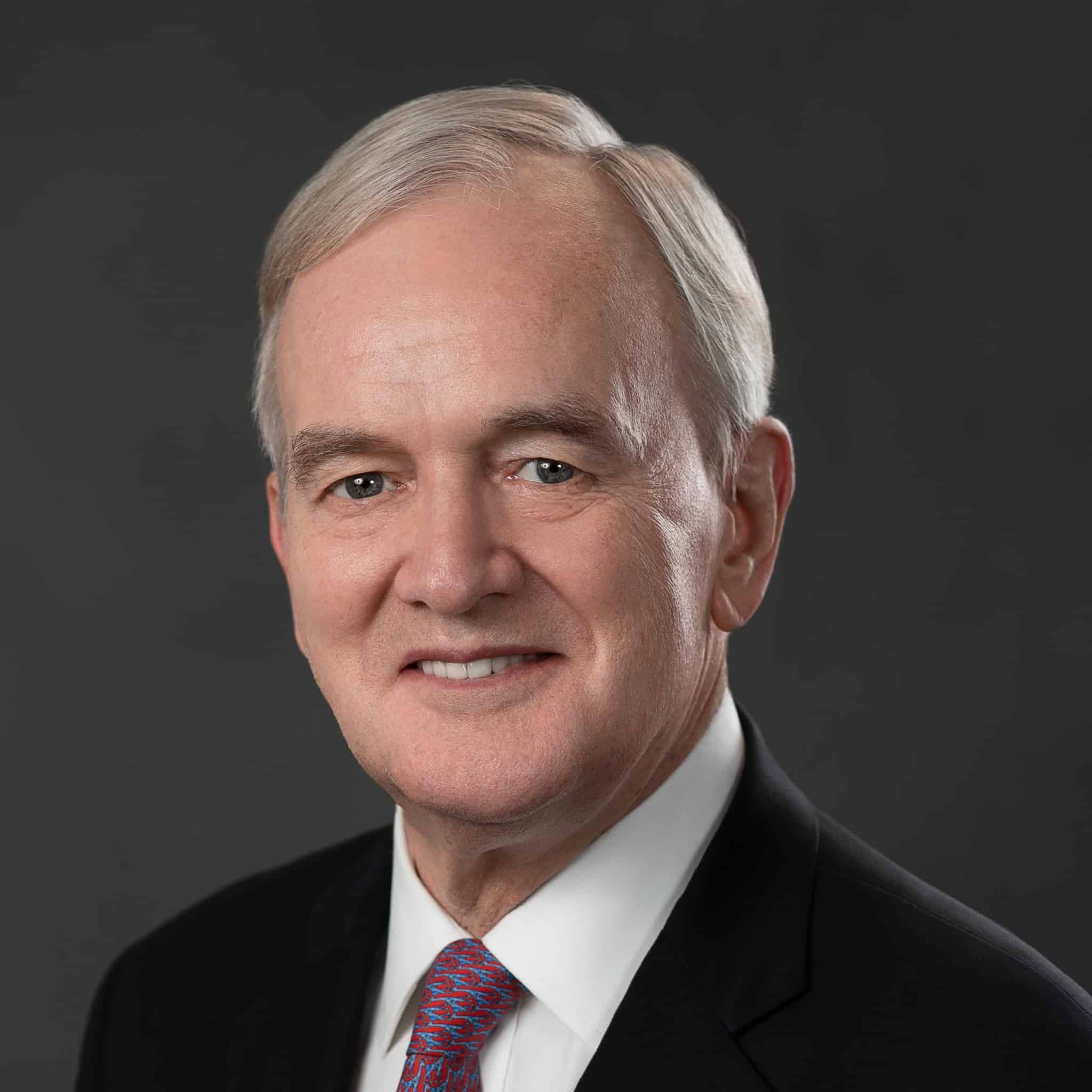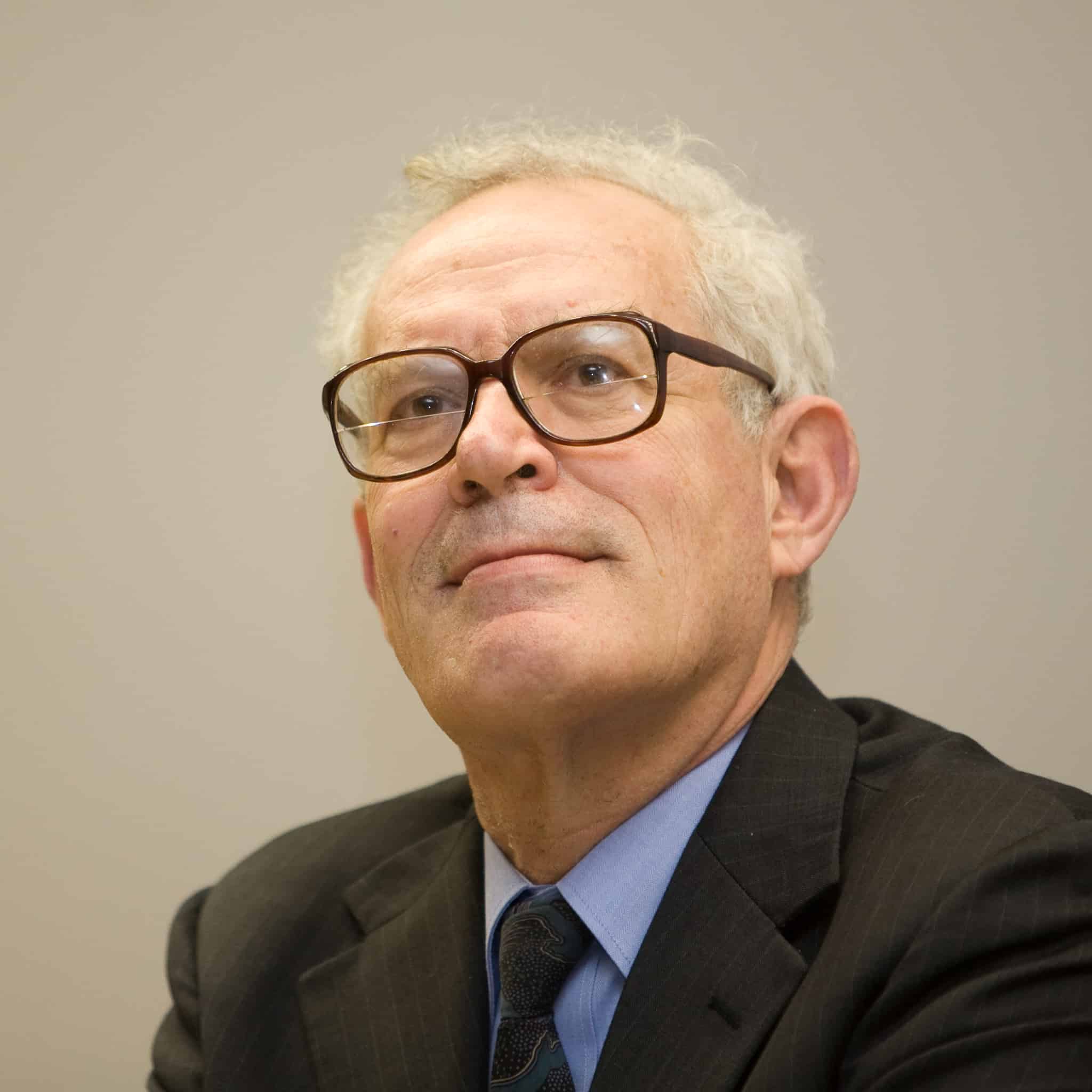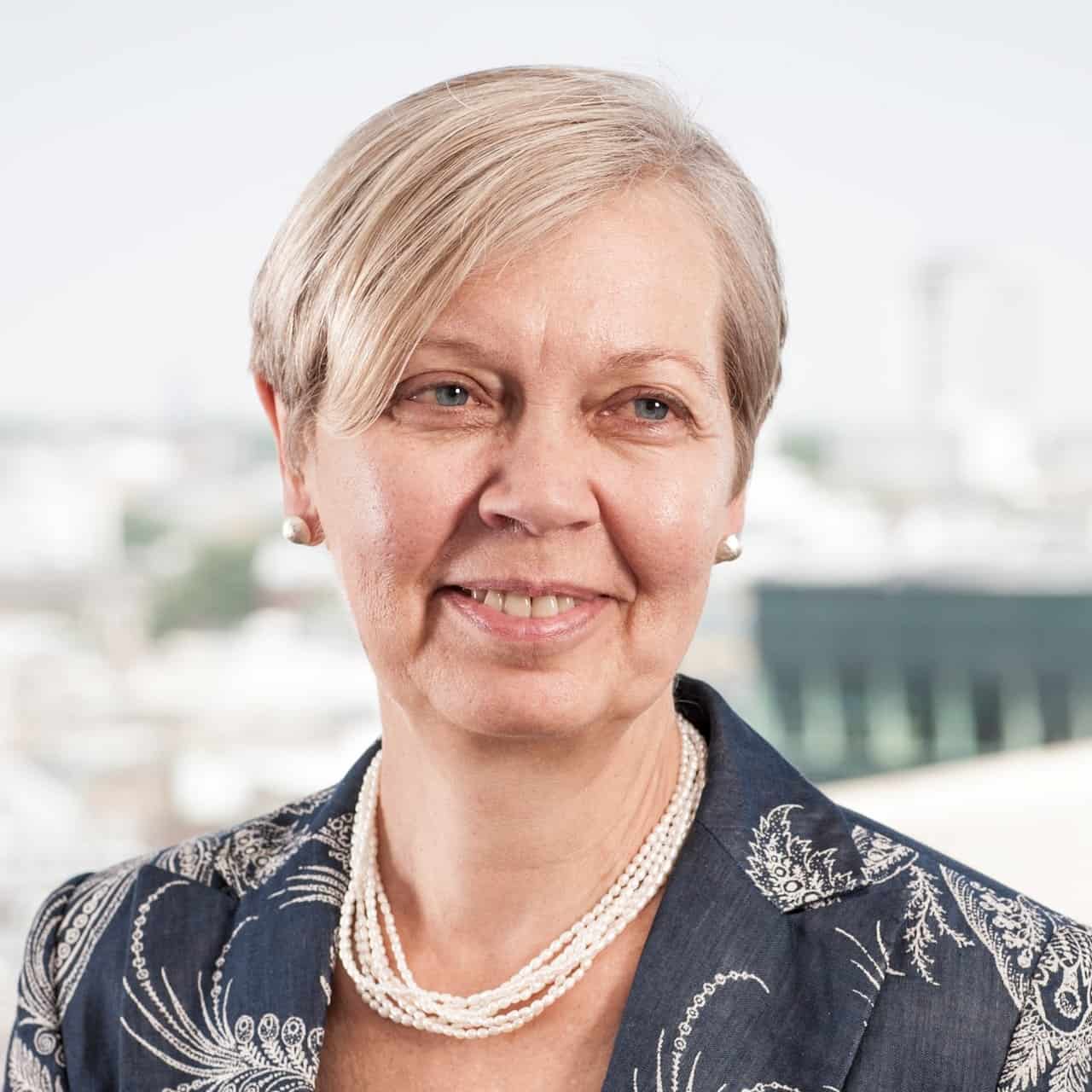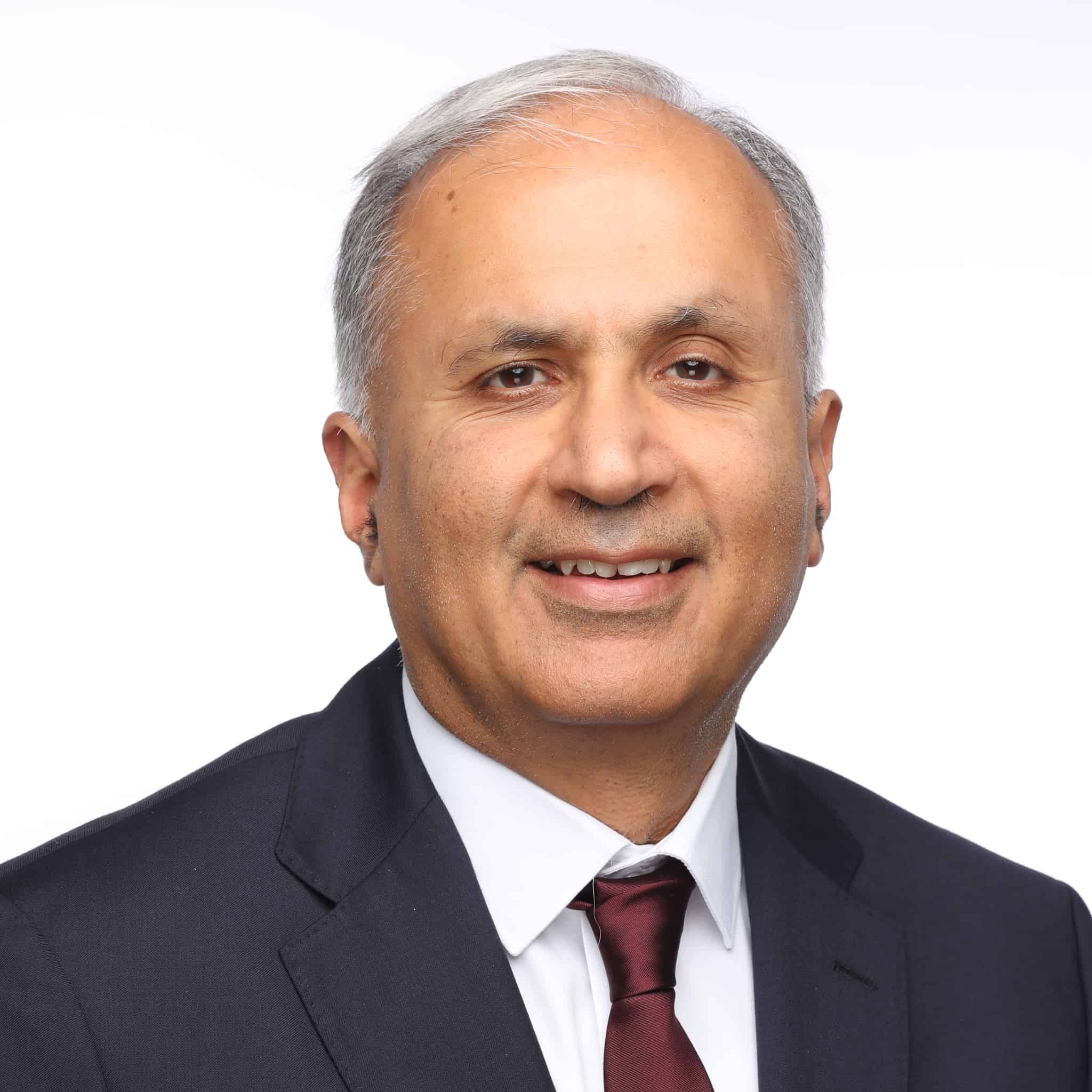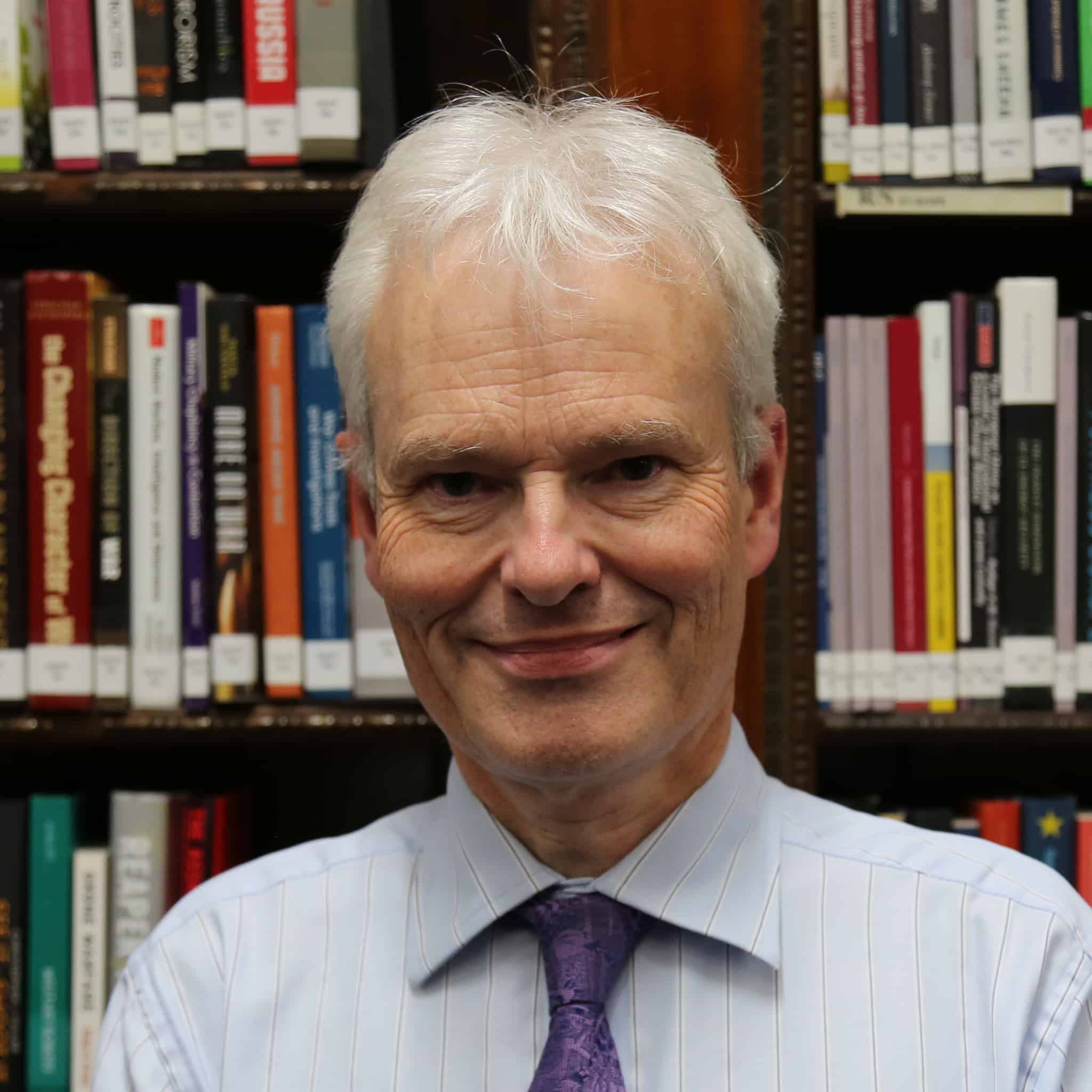Fathom Consulting and Chatham House present
The Emergency Monetary Policy Forum
What’s next in UK monetary policy?


It was at another time of economic crisis more than 13 years ago that Fathom Consulting first launched the Monetary Policy Forum. Faced with the most severe global financial meltdown in nearly a century, Fathom gathered together a group of leading economists to mirror the Bank of England’s Monetary Policy Committee (MPC) and provide an alternative and less conventional viewpoint on the UK economy and the future of monetary policy.
The panellists were all former members of the MPC — deeply familiar with its workings, but now with the freedom to depart from current orthodoxies. Panellists and attendees alike were encouraged to air their individual views and ideas.
The economists made a significant impact from the start, with a pioneering call at their first meeting for the Bank of England to “to move towards creating money to buy assets as the most effective means of battling recession”, as the Financial Times economics editor Chris Giles reported. Within months, Quantitative Easing had been adopted by most advanced economies as a primary tool in combatting the Global Financial Crisis. In the ten years that the forum ran, it continued to generate ground-breaking calls on monetary policy; and it was only due to the long duration of the ultra-low interest rate environment that the quarterly forums eventually drew to a close.
But times have changed. Double-digit inflation is back; and the disastrous reaction to the chancellor’s ‘mini-budget’ on 23 September 2022, with confidence visibly draining away from the UK in the financial markets, convinced Fathom that it was time to bring back the Monetary Policy Forum.
The Bank of England’s interest rate setting Monetary Policy Committee met on 3 November 2022 and the MPF relaunched on 4 November ahead of the budget on 17 November UK.
Event summary
The UK needs a macro policy reset
Fathom’s Emergency Monetary Policy Forum called for a dramatic reset in UK monetary policy to tackle the profound economic problems of inflation and low productivity.
In an event hosted by Fathom Consulting and Chatham House, four distinguished former members of the Bank of England’s Monetary Policy Committee — Willem Buiter, Charles Goodhart, DeAnne Julius and Dr Sushil Wadhwani — concluded that the Bank had made significant errors in fulfilling its policy remit, and that a change of course was required.
Their key conclusions were:
UK economic policy has failed since the Global Financial Crisis
The economy’s rate of growth has fallen from around 2% per year prior to the GFC to just above zero now. Erik Britton, Fathom’s Managing Director, opened proceedings arguing that low-for-long interest rates have eroded the economy’s productivity. He argued: “We are overheating with growth at 0 in the UK. That’s a pretty damning indictment.” In other words, the UK is now in need of a policy reset.
Too little, too late
The view of both the panellists and those present in the audience was that interest rates should have been raised far earlier and far quicker than has been the case. Charles Goodhart raised that possibility that the MPC may have missed the boat: “You have to raise rates early and raise them aggressively. The bank has waited and waited and waited and now it is too damn late,” said Mr Goodhart.
Models don’t make forecasts, economists do
There was unanimous agreement among the panellists that the Bank’s projection that inflation would drift smoothly back to target without further interest rate hikes was unrealistic. “The belief that with 3% for the duration you can get rates back to target, that’s dreaming”, said Willem Buiter. Dame DeAnne also alluded to the possibility that Bank’s overreliance on its (relatively opaque and complex) macro model as a means to justifying policy decisions might be harming its credibility.
The Bank risks losing credibility
Dr Wadhwani remarked that “the loss of credibility matters hugely. … People do believe the Bank matters – credibility is a very precious asset and it is sad to see them begin to lose it.… I was really puzzled by yesterday. They did the right thing, putting rates up by 75 basis points, then unwound the effect by saying rates might not need to go up any more. It just seemed pointless.”
Rates may need to go higher than the MPC expects
The more rate hikes are delayed, the higher they may have to go. A year ago, numbers like 2-3% were considered high. It is a telling reflection on the times that panellists and audience members were throwing about numbers like 5-6% and nobody batted an eyelid. Dame DeAnne said: “It’s pretty clear interest rates need to go up quite significantly, probably between 5 and 6%.”
The event was streamed live on the Sky News website.


